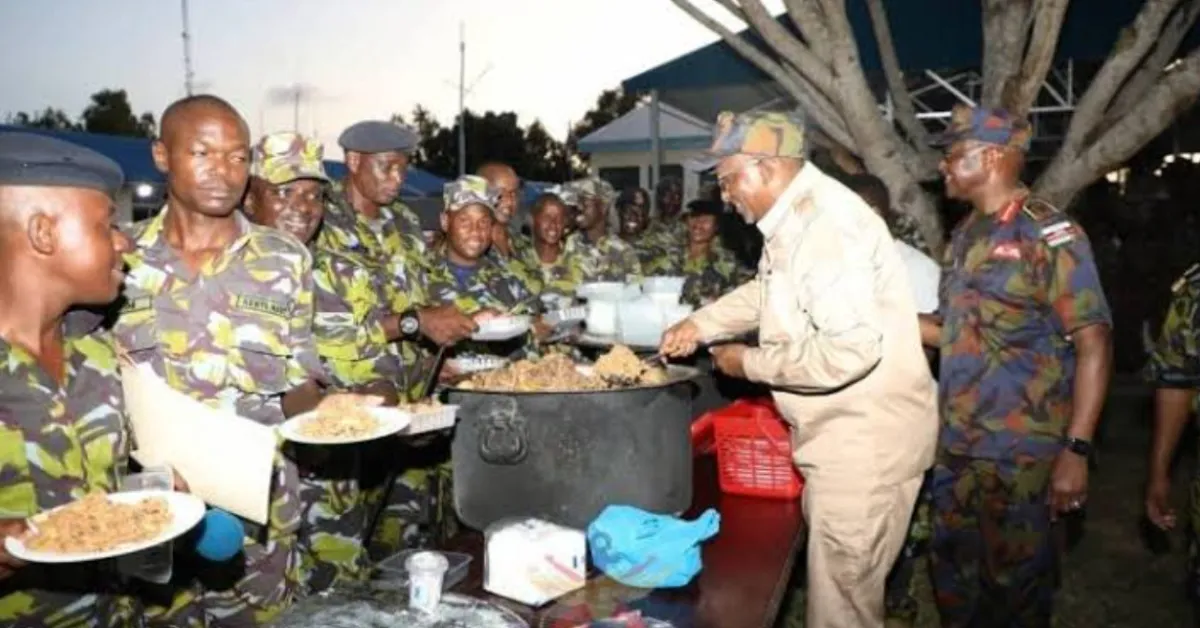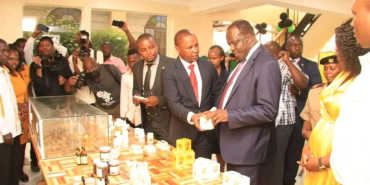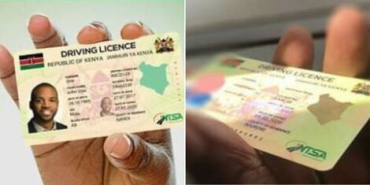KDF Blocks Meal Allowances—Here’s Why Soldiers Are Worried

The Kenya Defence Forces (KDF) initiated a significant overhaul of its personnel welfare system on 1 July 2025, introducing a 'pay-as-you-eat' (Paye) system that fundamentally alters how service members access meal allowances.
The revised framework, designed to curb misuse and enhance financial discipline, has stirred unease among lower-ranking personnel. Under the new policy, soldiers will no longer receive direct cash allowances for meals. Instead, half of the allocated funds will be locked within the KDF Booking Meal App, managed through the Defence Savings and Credit Co-operative Society (Desacco). Unused funds will be released at the end of each month. The move follows several unsuccessful attempts to implement similar reforms due to resistance within the ranks.
The Ministry of Defence contends that the updated system aligns with global standards and promotes individual dietary choices. An internal directive, obtained by Nation, authorises the demand for seed capital, derived from Ration Scale (4) allocations, to establish the programme. Paye management committees at various formations and units will oversee the funds, effectively decentralising oversight of military mess operations.
Historically, ration allowances, introduced in 2000 after the discontinuation of breakfast and dinner provisions, have been a key part of soldiers’ gross pay. These allowances have also served as collateral for loans, entangling military stipends with private debt obligations. Defence leadership introduced the tighter controls amid rising concerns that some personnel were foregoing meals because of mounting loan repayments.
The Ministry of Defence aims to decouple meal budgets from loan commitments, preserving the core intent of ration support and mitigating financial exposure among service members. Commanders have been instructed to prioritise upgrading messing facilities within the current fiscal cycle, with further enhancements planned for 2025/2026. Secure, cashless payment systems, including mobile Paybill numbers and PDQ machines, are to be introduced to streamline transactions and tighten accountability.
A memo dated 23 June 2025, signed by Chief of Logistics Brigadier Eric Nzioki, mandated the establishment of the new programme. Documents outlining the reforms emphasise the importance of robust risk assessments and regular progress reports to Defence Headquarters, with a comprehensive update due by 15 February 2025, signalling the ministry’s commitment to close monitoring of the programme’s implementation.
While the Ministry of Defence highlights potential benefits such as reduced waste, improved infrastructure, and timely settlement of supplier debts, the transition has drawn criticism for its immediate financial impact on junior officers, many of whom rely heavily on the allowance to supplement their incomes. In response to public and media scrutiny, the Ministry of Defence has clarified that the Paye system exclusively applies to personnel stationed at peacetime locations. Troops engaged in active duty or training exercises will continue to receive traditional food rations in line with established entitlements.














Add new comment